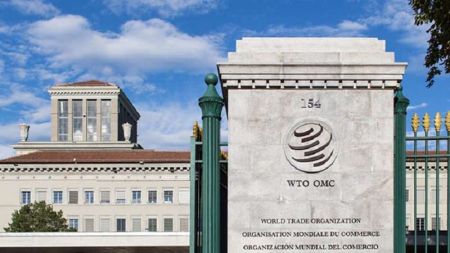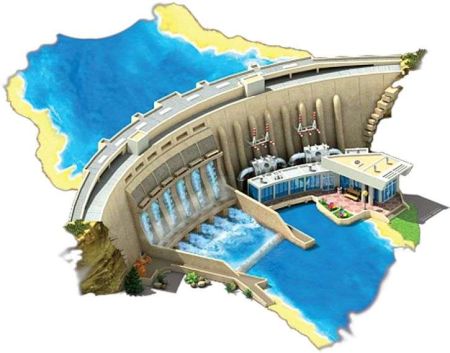March 10: Economists have pointed out that the short-sighted policy of the government and Nepal Rastra Bank is the main reason for the liquidity crisis in the banking system.
Speaking at a program titled 'BizTalk' organised at Morang Trade Association on Tuesday, economist Dr Bhesh Prasad Dhamala said that the government was responsible for the brain drain which in turn was affecting production due to lack of manpower.
"The rise in bank’s interest rates has affected production adversely," he said, adding, "The economic prosperity of the country cannot be achieved by forcing the country's skilled human resources to search for greener pastures abroad." He emphasized the need to reduce taxes and to discourage tax increment under new headings if the government is to keep the economy afloat.
Professor Dr PK Jha remarked that Nepal's economic policy is becoming tougher. Stating that most of the allocated budget is spent in unproductive sector, he opined that the government must step up investment in productive sector. Furthermore, he said that NRB was also to blame for the liquidity crisis in the market. Stating that entrepreneurship is the backbone of sustainable development, he said that entrepreneurship should be institutionalized using new technologies.
"The budget cannot be implemented in the right place just by shouting slogans, the budget must be fully implemented for the purpose it was announced," he said. Moreover, Dr Jha said that although the government was aware of the current situation of the industry, trade and business sector, it hasn’t done any concrete work for their revival. He stressed on the need for the government to formulate policies for the development of entrepreneurship in the interest of industrialists and traders.
Another economist Professor Dr Bedraj Acharya said that priority should be given to the use of raw materials based on local resources in order to utilize domestic funds within the country.






















